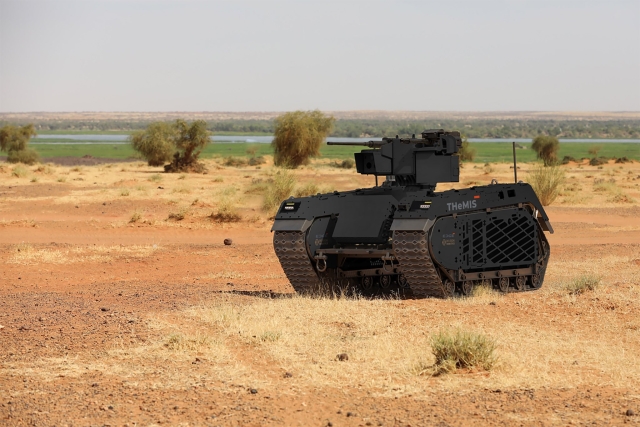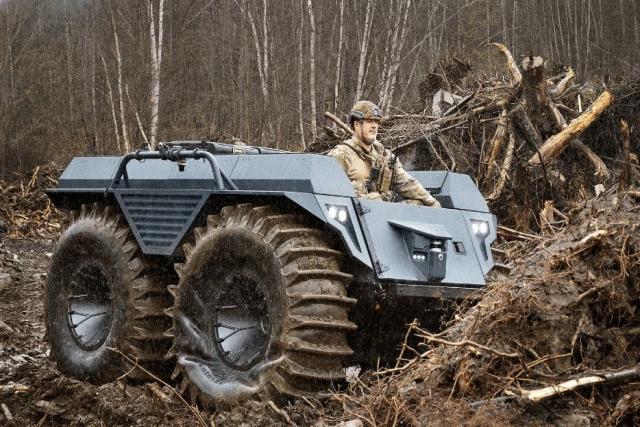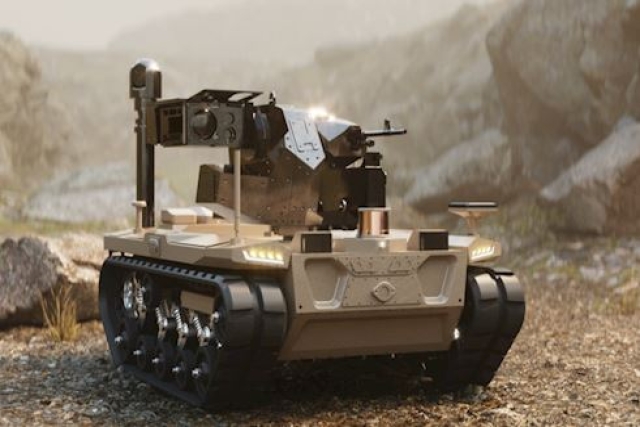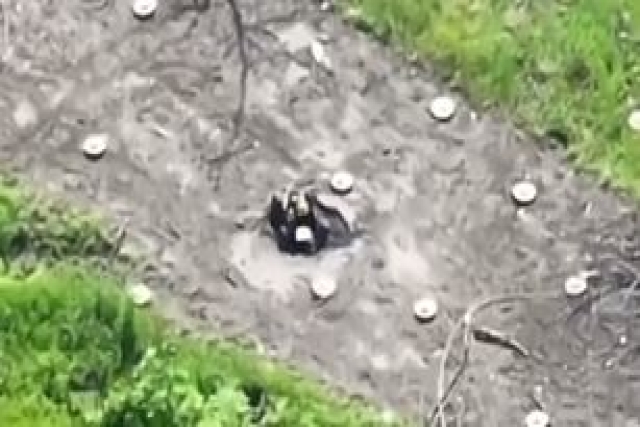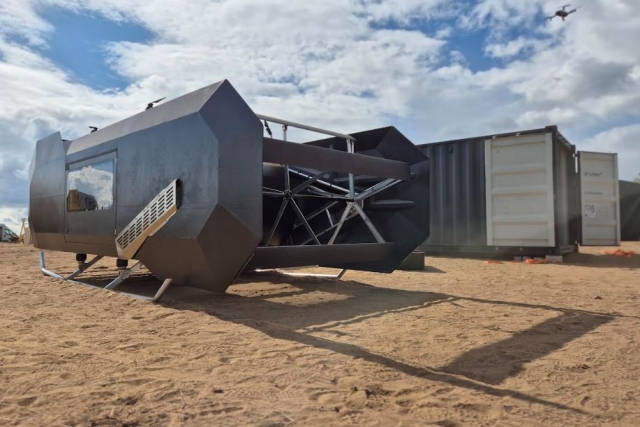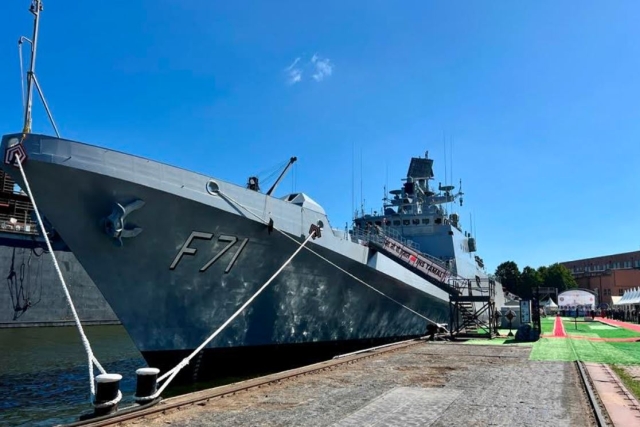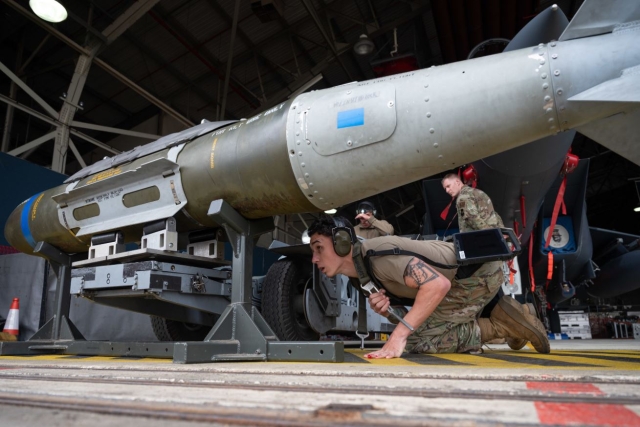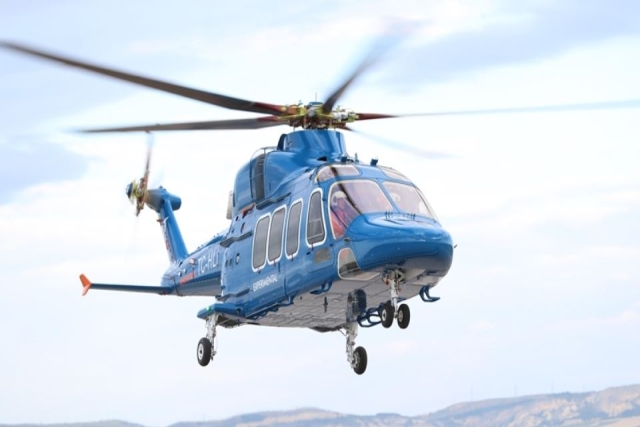U.S. Marine Corps, Army Assess S.Korean AI-Integrated Unmanned Ground Vehicle
The test evaluated the potential integration of the UGV into military operations, emphasizing its AI and machine learning capabilities.
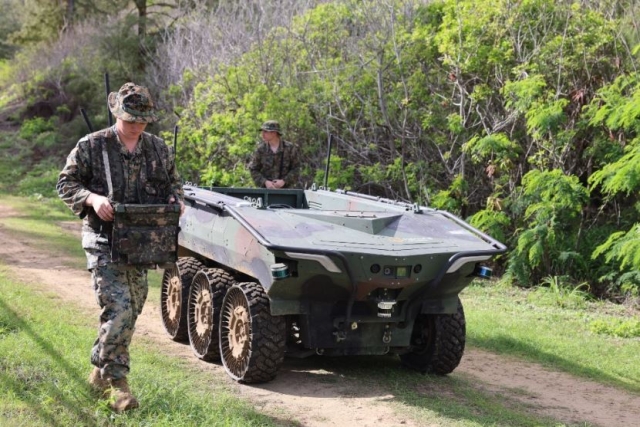
In a move focused on adapting military logistics and exploring autonomous operational capabilities, the United States Marine Corps (USMC), in collaboration with the U.S. Army and the Ministry of National Defense of the Republic of Korea, undertook a test of a South Korean Unmanned Ground Vehicle (UGV) prototype in Honolulu, Hawaii, in mid-December.
The test, labeled as a Foreign Comparative Test (FCT), aimed to assess the South Korean UGV's potential integration into military operations, emphasizing artificial intelligence (AI) and machine learning capabilities for autonomous navigation and task execution in various scenarios.
David Keeler from the Marine Corps Systems Command emphasized the relevance of UGVs in supporting the shift towards smaller, more agile units. The autonomy offered by UGVs could supplement tactical vehicle operations without the need for licensed operators. Using smaller, less detectable platforms for transporting essential supplies is suggested to reduce vulnerability to enemy surveillance and attacks.
The FCT primarily aimed to assess the UGV's use of AI and machine learning for mission completion, showcasing potential impacts on future military operations.
The collaboration with South Korea facilitates access to advanced technologies and allows for the refinement of technology based on direct feedback from warfighters. Feedback from the 3d Littoral Logistics Battalion Marines, who operated the UGV during the test, is expected to provide insights into the vehicle’s performance and its AI and machine learning capabilities, guiding future decisions on integrating such technologies into military operations.
As the Marine Corps continues to assess and define requirements for unmanned ground vehicles, this test represents a step toward the realization of the Force Design vision and potential enhancements to U.S. military capabilities in contested environments.
